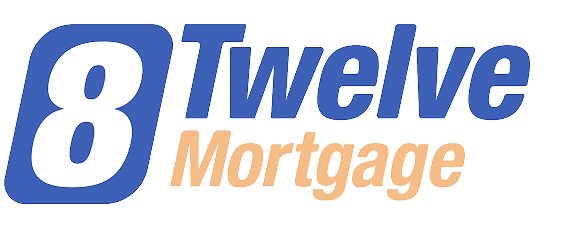
Summary
- Today’s first-time homebuyers face unprecedented difficulties saving for down payments, especially in Toronto.
- The First Home Savings Account (FHSA) offers first-time homebuyers some tax relief for their first home.
- Eligible account holders can deduct FHSA contributions up to a certain limit from their taxable income.
- You can use Canada’s FHSA to lighten your tax load while you’re trying to save for your first home.
With an average $1.2 million Toronto property price in Q1 2023, saving for a down payment can feel absolutely pointless. But Canada’s FHSA offers some relief.
Canada has never had a dedicated bank account that offered any benefits to first-time homebuyers. There is the RRSP, but that’s a two-fold account meant for your retirement despite its $35,000 withdrawal allowance for first-time homebuyers.
The FHSA is a dedicated tool for Canadians saving up for a down payment. Unfortunately, it doesn’t solve the issue of down payments being too large for many Canadians to save towards even with the FHSA.
But back to the FHSA. For those of you interested in buying a property the old-fashioned way, it’s certainly worth considering. We’ll walk you through the basics of an FHSA, how to use it for your first home, and how to use Lotly to buy a home without a huge down payment from you.
What is an FHSA?
FHSA stands for First-Home Savings Account — the first of its kind in Canada. The federal government defines it as a “registered plan” that helps first-time homebuyers save up for their first home tax-free.
As of April 1st, 2023, Canadians can open up an FHSA if they meet the following criteria:
- 18 years or older
- First-time homebuyer
- Canadian resident
Now, “first-time homebuyer” is the trickier criterion to meet. If you’re single? No problem. But if you’re married or in a common-law relationship (living together for 1+ years), you might face some issues.
The Canadian government doesn’t consider you a first-time homebuyer if you live in a home owned by your spouse or common-law partner.
Doesn’t pertain to you? Then you can open up your FHSA at your local bank.
But once you’re all set up, how do you use it?
FHSA contributions
You can contribute up to $8,000 to an FHSA per year, tax-free. Hello, tax deductions!
But what if you have an RRSP? You can actually transfer some of your RRSP funds to your FHSA without any tax implications. Those contributions, however, aren’t considered tax deductible because you already benefited from the deduction when you contributed to your RRSP.
Now, $8,000 doesn’t seem like much considering today’s down payment amounts. But over the course of five years, you could benefit from up to $40,000 in tax-free money for your down payment — $40,000 being the FHSA’s lifetime limit.
How to use FHSA funds for your first home
Fast-forward five years, and you have a nice $40K saved in your FHSA. You can withdraw it for your down payment if you meet these conditions:
- You have a written agreement to buy a qualifying home, which includes:
- Single-family and semi-detached homes
- Townhouses and condos
- Mobile homes
- Apartments, duplexes, triplexes, fourplexes, or entire buildings
- Shares in a co-op housing corporation
- Your acquisition or construction completion date is before October 1st of the year of your withdrawal.
- You must use the home as your primary place of residence within one year.
- You must maintain Canadian residency from your first FHSA deposits until your withdrawals.
What happens if you don’t meet these conditions? Then those withdrawals turn into taxable income, meaning a whole lot of lost progress.
Don’t forget that you have to close your FHSA after you withdraw your down payment funds.
Can you actually buy a home in Toronto with an FHSA?
The FHSA is a tax tool to make purchasing your first home a tad easier. Still, it’s definitely not a perfect solution to real estate accessibility. One accountant sees the FHSA as redundant and unnecessarily confusing for Canadians.
He challenges the notion of a new savings account and instead wonders why the Canadian government wouldn’t just adjust the RRSP Home Buyer’s Plan (HBP) to $70,000 instead of $35,000.
On top of that, the $8,000 annual contribution limit feels lacking. Canadians essentially have to wait five years before realizing any benefit for their down payment, and by then, property prices could have skyrocketed.
There’s also the reality that even with the FHSA’s $40,000 tax-free potential, you’re still pretty far away from a down payment in Toronto. Maybe you can take it from your RRSP, but then you’ll take funds away from your retirement fund.
All this to say?
We certainly applaud more support for Canadian first-time homebuyers, but it’s pretty reasonable to declare that we still have a long way to go.
Bottom line? An FHSA is a great way to reduce your taxable income and save for your first home. It’s a great tool for Canadians who have a long-term plan for homeownership and don’t see it happening before the next five years.





